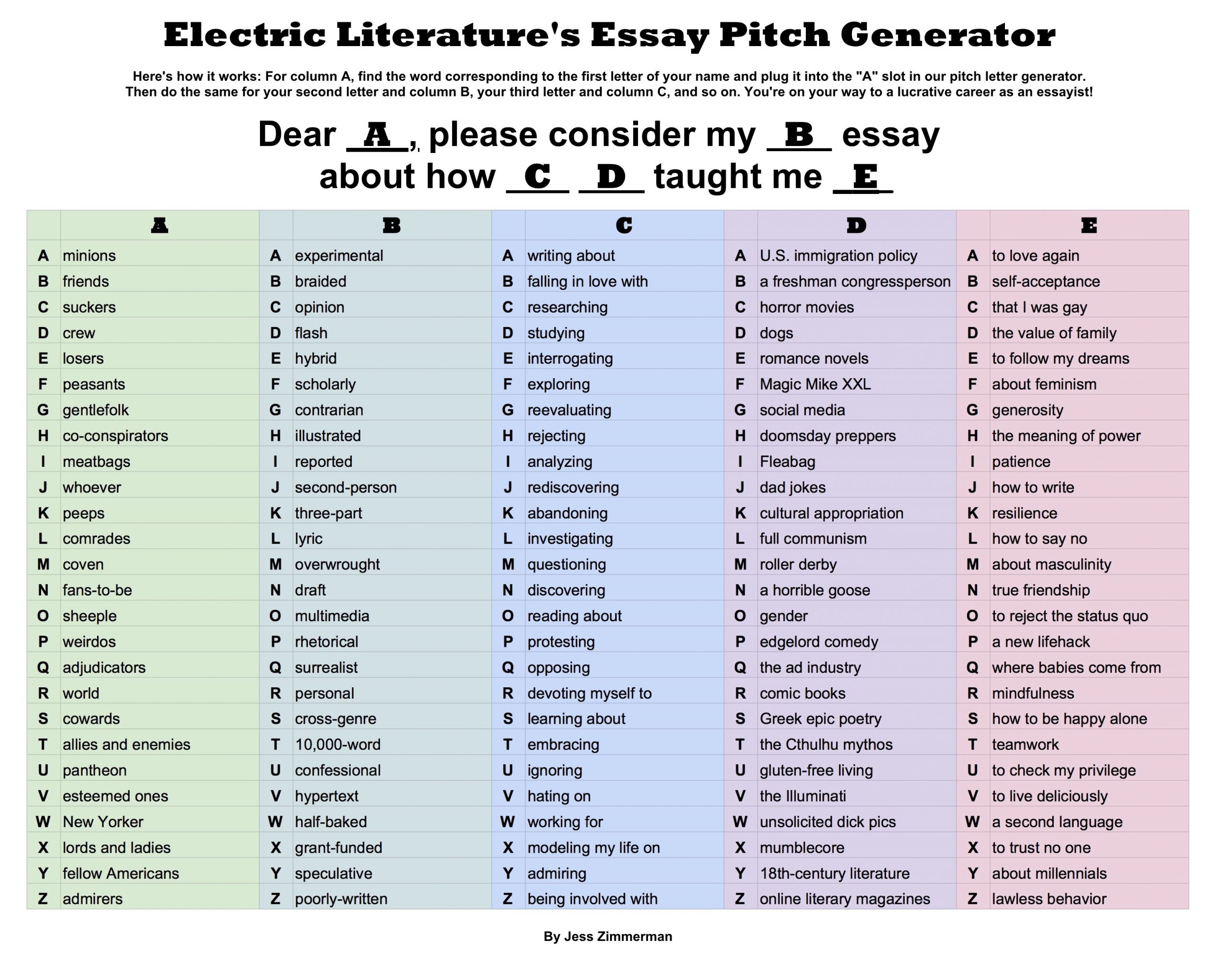news
Writing Advice Courtesy of Jonathan Safran Foer & Natalie Portman’s Email Exchange

Natalie Portman is on the cover of the latest New York Times T Style Magazine. Inside the issue you’ll find her email correspondence with none other than Jonathan Safran Foer, who has a new novel coming out this fall but was not asked to pose in his underwear. Say what you want about the pomp, the pretense, and the rumors, one thing is certain about this exchange: it’s a veritable gold mine of writing advice. Of course it is. Safran Foer is a Great American Novelist. Portman is a Great American Director. What else would you expect? This is Strunk & White for the 21st century.
To save you a little time, we culled the best of their literary wisdom.
- A writer must face his greatest challenge head on.
Foer: “People often refer to aloneness and writer’s block as the two great challenges of being a novelist. In fact, the hardest part is having to care for guinea pigs.”
2. Write what feels wrong.
Foer: “Freedom might not be a prerequisite for the expression of passion — it helps, sometimes, not to be able to follow your instincts — but they are strongly intertwined.”
3. A novelist must have rituals.
Foer: “…the garbage and parking are among the many rituals around which my daily life is organized.
4. Keep track of those rituals. DO NOT lose them.
Portman: “You learn how deeply grounding ritual is when you lose it.”
5. Treat. Yo. Self.
Portman: “Before the concert we ate a meal at a restaurant that was pretty insane. It’s called the Clove Club; next time you come to London, eat there.”
6. Be homeless.
Portman: I realized how much Judaism for me was connected to yearning — to wanting what you don’t have — which is maybe why Israel is so complicated emotionally for Jews: It’s built into the emotional structure of our religion to yearn for a homeland we don’t have.
7. Explore how you feel about how you feel.
Portman: It was kind of a revelation for me to acknowledge, through Oz’s book, that mood could be so influenced by when and where you live, and the feelings of that time and place about feelings.
8. There is no such thing as a bad metaphor.
Foer: Not even Shabbat can stop the clock — two have moved from the future to the past in the course of our having this exchange — but every now and then the broken-down time machine that is Hotmail can cough itself back to life.
9. Reading the dictionary is like giving birth.
Portman: Etymology might seem dry, but the connections between words feel to me like the connectedness I felt while giving birth — that I was related to every woman who had ever given birth throughout time. I guess it’s having an experience that gives you a feeling of wonder, to use your word, that you can then feel that you share with people — not just people around you, or people exposed to the things that you’re exposed to, but people in the desert looking at slightly younger versions of the same stars while herding sheep and believing that lightning was the wrath of God.
10. Finally, it’s all about self-knowledge. About being self-aware, at all times.
Portman: What I always look for in my work are new challenges — things I’m not sure I can do. And oftentimes I can’t do them, and I fail. But that’s what keeps me interested, and nothing offers knowledge and self-knowledge like failure.









